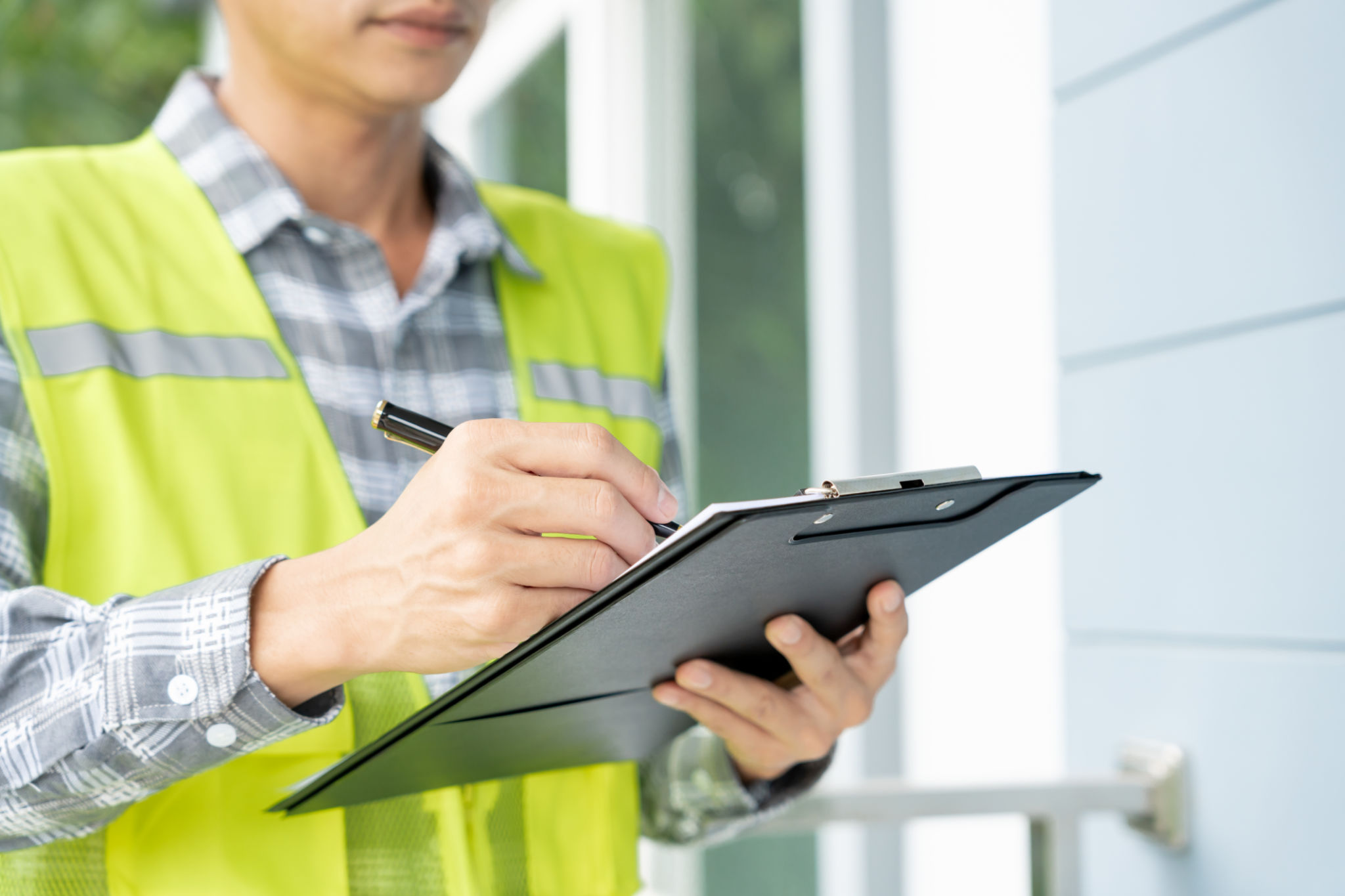Understanding Florida's Building Codes: A Homeowner's Guide
Introduction to Florida's Building Codes
Florida's building codes are designed to ensure the safety, durability, and sustainability of structures within the state. These codes are particularly important due to Florida's unique weather conditions, including hurricanes and heavy rainfall. Understanding these codes is crucial for homeowners to ensure their properties comply with state regulations and are safe for occupancy.

The Importance of Building Codes
Building codes serve several essential purposes. They help protect property value, ensure the safety of residents, and contribute to the overall well-being of the community. In Florida, these regulations are especially critical due to the state's vulnerability to natural disasters. Following the building codes minimizes the risk of damage during such events.
Moreover, compliance with building codes can also impact insurance premiums. Homes that meet or exceed code requirements often qualify for lower rates, as they are deemed less risky by insurance companies.
Key Aspects of Florida's Building Codes
Florida's building codes cover various aspects of construction and renovation, including structural integrity, electrical systems, plumbing, and energy efficiency. Homeowners should be aware of these key areas when planning any construction or remodeling project.
- Structural Requirements: These ensure that buildings can withstand strong winds and heavy storms, a necessity in hurricane-prone areas.
- Electrical Safety: Regulations ensure that electrical systems are installed safely to prevent hazards.
- Plumbing Standards: Proper plumbing codes help prevent leaks and water contamination.
- Energy Efficiency: Codes encourage the use of energy-efficient materials and practices to reduce environmental impact.

Navigating Code Compliance
Navigating building code compliance can be complex, especially for first-time homeowners or those unfamiliar with construction processes. It's often beneficial to work with licensed contractors who are well-versed in local codes. These professionals can help ensure that projects meet all necessary requirements.
In addition, homeowners should regularly check for updates or changes in the building codes, as these regulations can evolve over time in response to new safety standards or environmental considerations.
Obtaining Permits
Before starting any construction or significant renovation project, it's important to obtain the necessary permits from local authorities. Permits serve as official approval that your project complies with local building codes and regulations. Failing to secure proper permits can lead to fines, legal issues, and potential difficulties in selling the property in the future.

Common Challenges and Solutions
One common challenge homeowners face is understanding the technical language used in building codes. To address this, many municipalities offer resources or consultations to help clarify any confusing aspects. Additionally, hiring a knowledgeable contractor can alleviate much of this burden.
Another challenge is ensuring compliance with new energy efficiency standards. Homeowners can tackle this by investing in modern insulation, energy-efficient windows, and appliances that meet current codes.
The Role of Inspections
Inspections are a critical part of the building process in Florida. Inspectors ensure that construction meets all relevant codes and standards at various stages of development. Homeowners should expect multiple inspections throughout the construction process, from foundation work to final completion.
These inspections are not only a regulatory requirement but also a valuable opportunity for homeowners to verify that their property is being built safely and correctly.

Conclusion
Understanding and adhering to Florida's building codes is an essential responsibility for homeowners. These regulations are in place to protect both the property and its occupants from potential risks associated with construction and environmental factors. By staying informed and working with experienced professionals, homeowners can ensure their projects are completed safely and legally.
